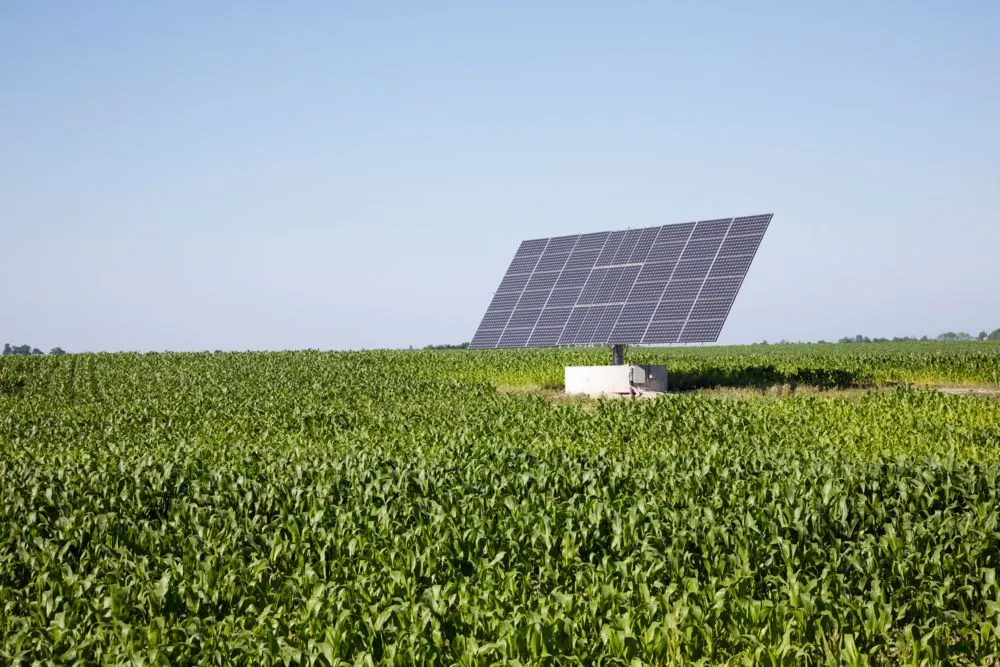Lahore: Around 45000 farmers are sill waiting to see the next step against their applications to switch their tub wells from Wapda connections to the solar systems, subsidized by the Punjab govt.
The delay is causing worries for the famers who are still waiting for the response from the government.
This situation highlights a troubling combination of bureaucratic mismanagement and policy inconsistency that’s undermining a potentially transformative initiative for Punjab’s agriculture sector.
The solar tube well subsidy scheme, aimed at easing the energy cost burden for small-scale farmers, is faltering at a time when energy affordability is more crucial than ever due to rising diesel and electricity prices.
Bureaucratic delays have caused many to worry, who have applied for the scheme, are waiting to see the results of their requests.
Key Issues at a Glance:
- Massive Farmer Participation: Over 450,000 farmers applied — a clear signal of the high demand and urgent need for sustainable energy solutions in agriculture.
- Delayed Implementation: Transitioning program oversight from the Agriculture Department to the Energy Department introduced significant bottlenecks and confusion.
- Policy Uncertainty: Rumors of a shift from centralized bidding to direct subsidies for agricultural inputs are adding to farmer anxieties, with no formal communication from authorities.
- Vendor Fallout: Pre-qualified vendors, who have invested time and money into the original model, are now caught in limbo — some reportedly considering legal action.
Broader Implications:
- Farmer Trust at Risk: For small-scale farmers — especially those with limited financial cushioning — the government’s credibility is on the line.
- Environmental Setback: Delays in implementing solar-powered solutions stall momentum on climate-resilient agricultural practices.
- Economic Inefficiency: A stalled program means sunk costs in administrative processes, vendor preparation, and portal development — all without tangible results.
What Could Be Done?
- Transparent Communication: Immediate, clear updates from the Punjab government regarding the status and future of the scheme.
- Stakeholder Engagement: Involving farmers and vendors in any revised implementation plan to rebuild trust and ensure practicality.
- Policy Stability: A commitment to one clear, sustainable implementation model (be it central bidding or direct subsidy) to prevent further confusion.
